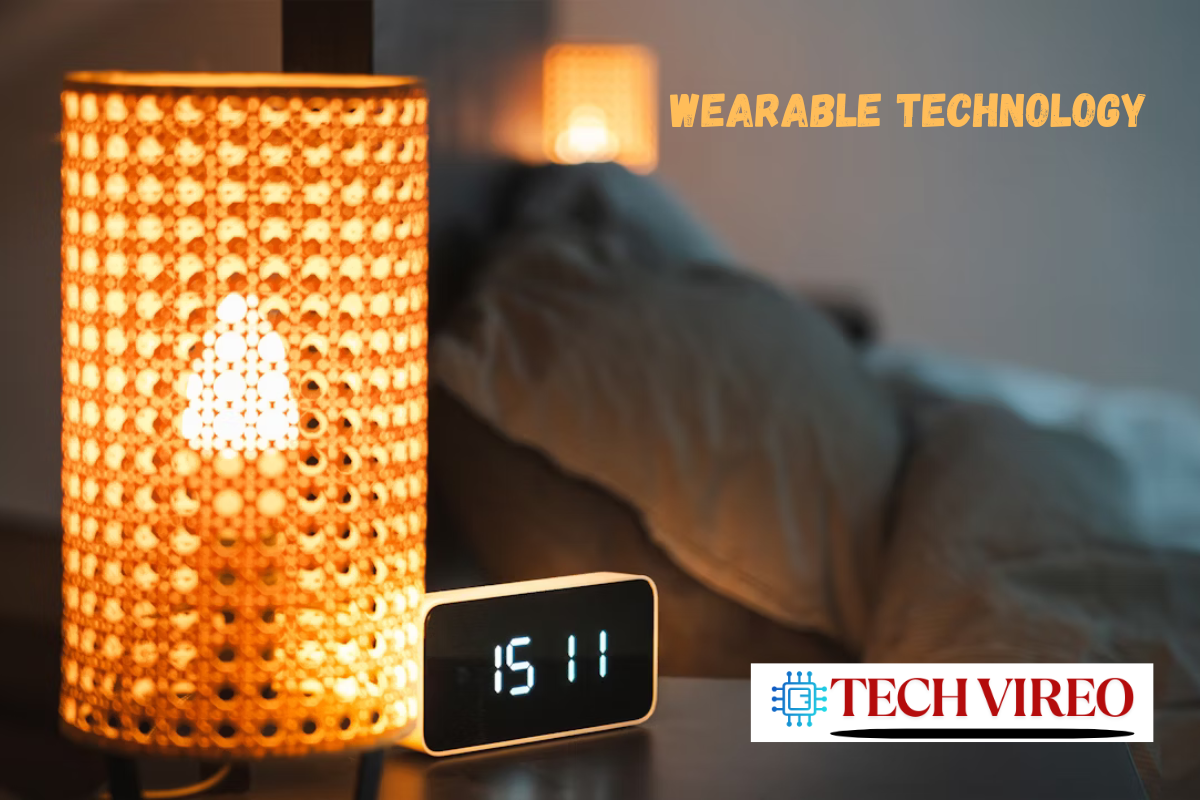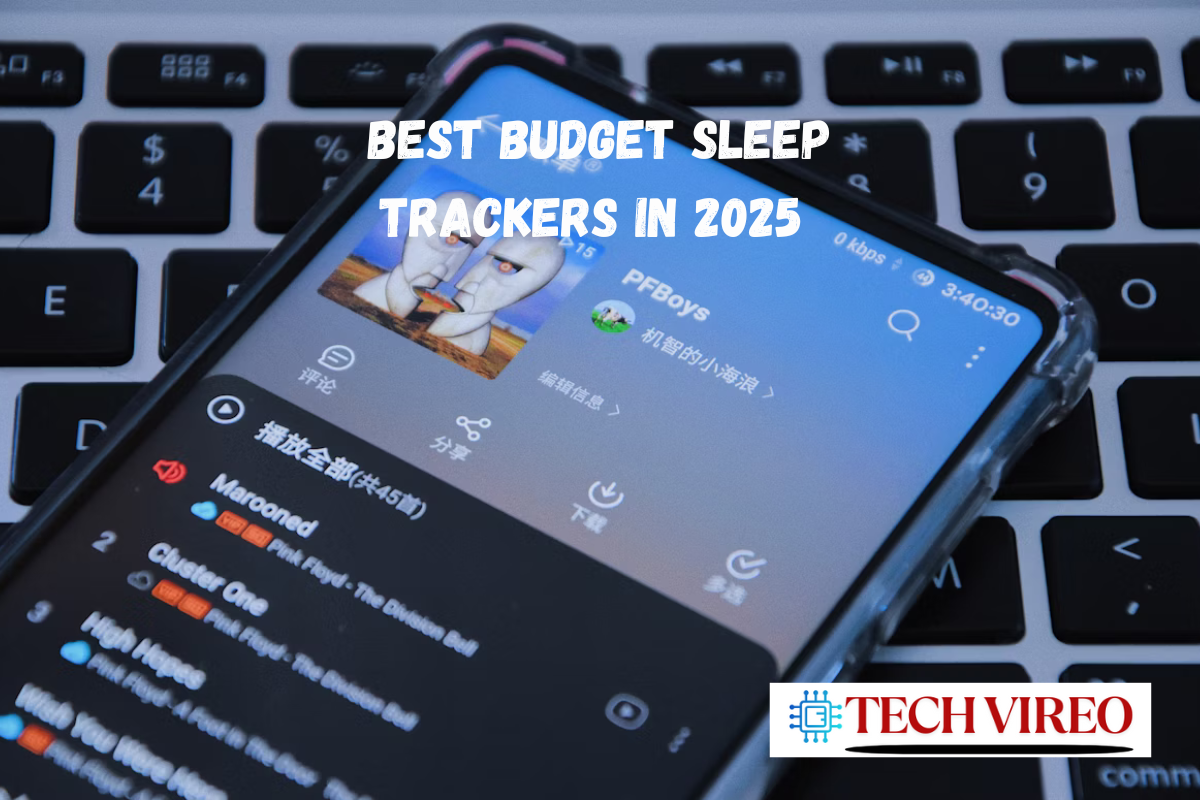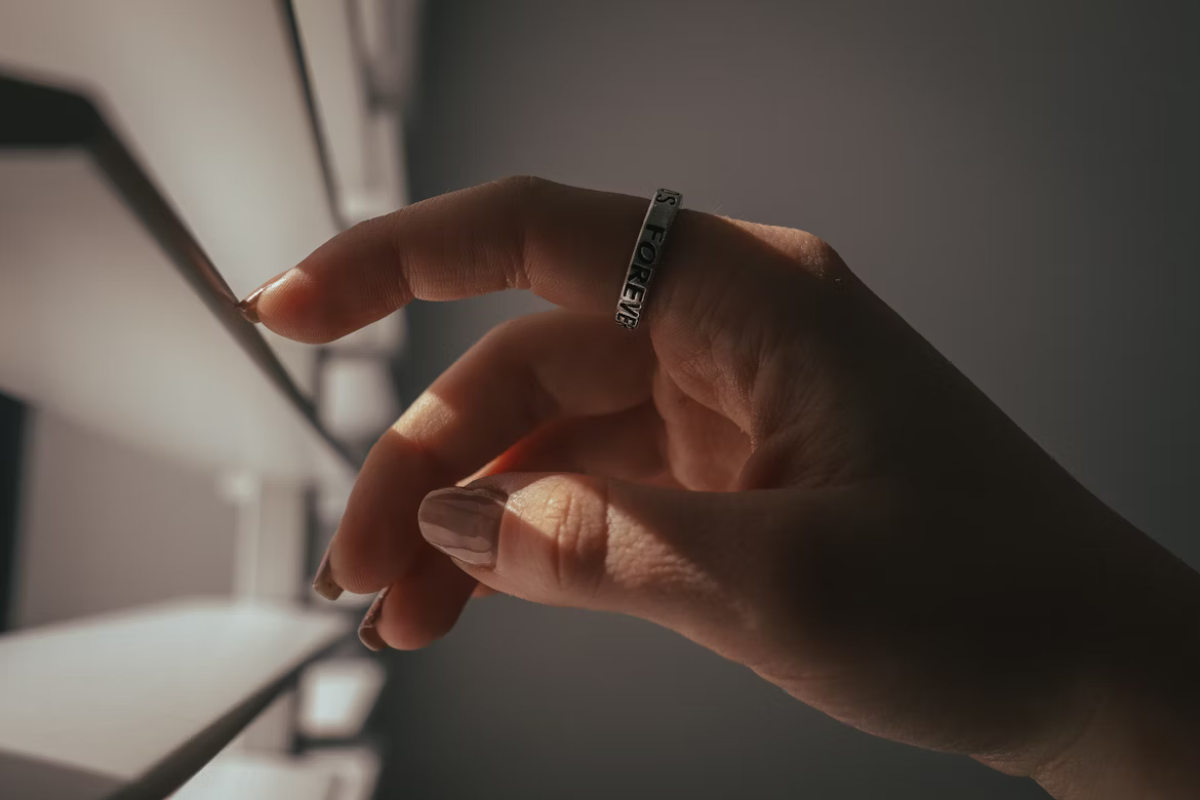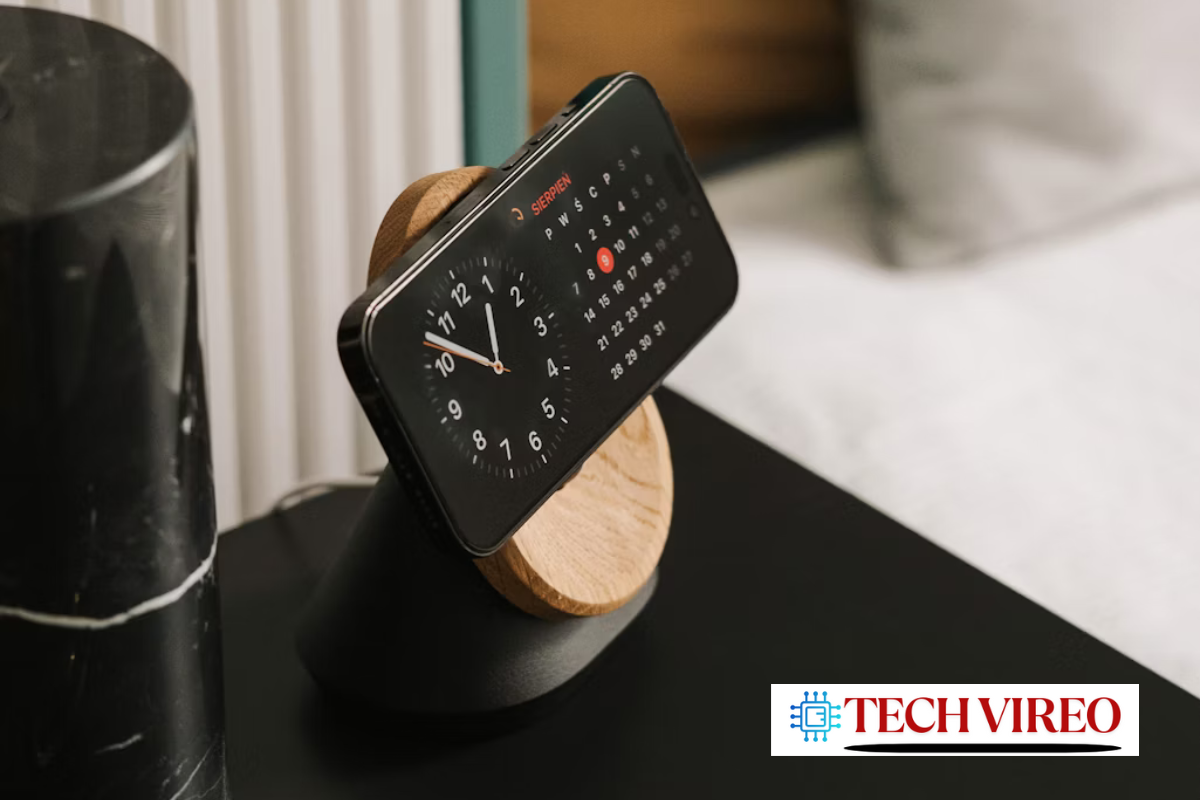Sleep Struggles in the Tech Era
In 2025, sleep health has emerged as a major global priority, particularly in digitally driven nations like the UK, USA, and Canada. As a result of rising stress-related sleep disorders, remote work culture, and constant digital connectivity, more people are turning to AI-powered wearable sleep tracker 2025. These devices offer natural solutions for insomnia, anxiety relief, and deep sleep improvement all through personalized insights and smart technology.
Today’s wearable devices have evolved beyond basic fitness tracking. In fact, they now empower users to reclaim healthy sleep habits through data-driven insights. By combining AI algorithms, real-time biometric feedback, and personalized coaching, sleep optimization is no longer a matter of trial and error it’s precise and personalized.
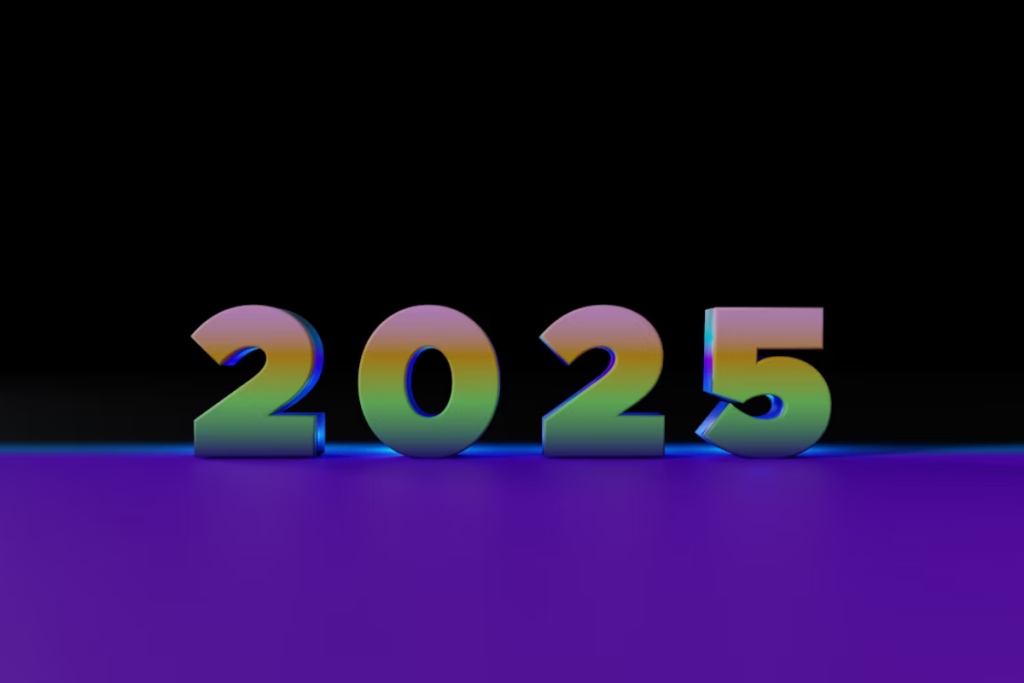
What Are Sleep-Tracking Devices and How Do They Function?
Wearable Sleep are smart devices like rings, bands, watches, or headbands equipped with sensors that monitor your biological data during sleep. These devices assess patterns in your heart rate variability (HRV), body temperature, SpO2 (blood oxygen), respiratory rate, and movement. Using AI, the collected data is translated into sleep scores, insights, and personalized feedback.
These tools provide feedback on your:
- Sleep stages (light, deep, REM)
- Time to fall asleep
- Sleep interruptions
- Circadian rhythm alignment
Many also include smart alarms that wake you at the optimal point in your cycle.
2025’s Biggest Shift | From Tracking to Coaching
The biggest evolution in 2025 is the shift from basic tracking to AI-powered sleep coaching. Devices now do more than show you graphs they help you understand why your sleep suffers and how to fix it.
Core Advancements Include:
- Real-time analysis of HRV and REM cycles
- Personalized recommendations based on biometric trends
- Integration with mental health and fitness platforms
Best Sleep Wearables Transforming Rest in 2025
The wearable sleep tech market in the UK, USA, and Canada is booming. Here’s a look at the most advanced devices shaping sleep in 2025 including the Oura Ring Gen 3 and its impressive sleep benefits and features.
1. Oura Ring Gen 3
- Design: Discreet, ultra-lightweight smart ring
- Features: Tracks sleep stages, temperature, HRV, readiness score
- Unique Angle: Ideal for non-watch users
2. WHOOP Strap 4.0
- Focus: High-performance sleep recovery and strain tracking
- Features: HRV, respiratory rate, sleep debt
- Subscription model
3. Fitbit Sense 2
- Popular in: UK & USA budget market
- Features: Sleep score, SpO2, stress detection
- Affordable and integrates with Google Fit
4. Withings ScanWatch
- Focus: Medical-grade sleep apnea detection
- Combines health diagnostics with stylish smartwatch aesthetics
5. Muse S (Gen 2)
- Unique Feature: EEG-based meditation & sleep headband
- Best for: Users struggling with stress, anxiety, or poor sleep onset
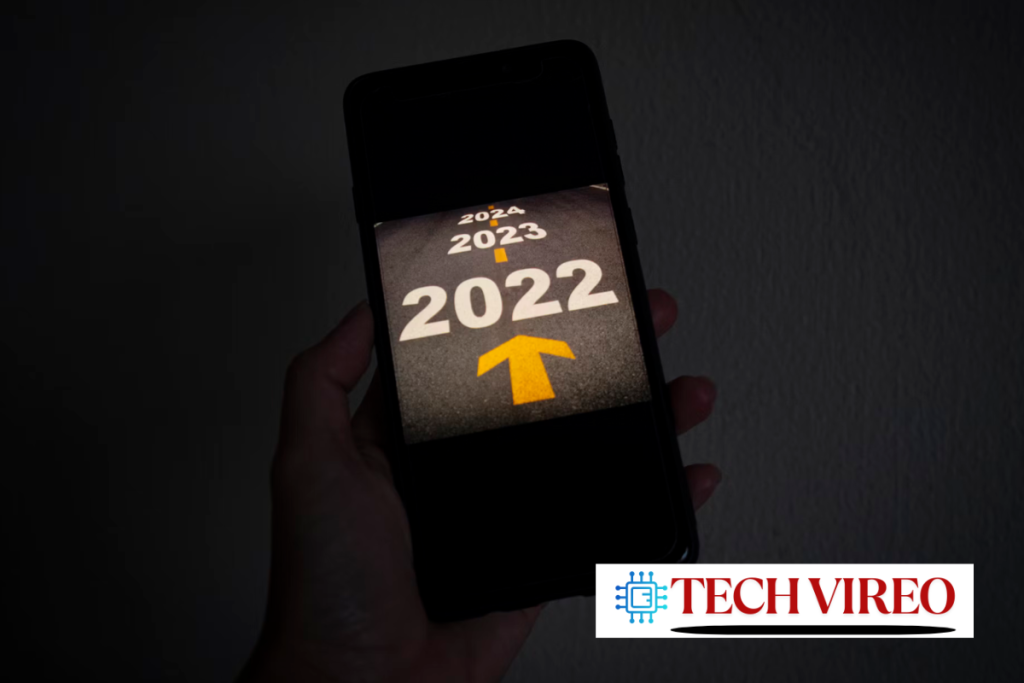
The Role of AI & Personalized Feedback in Better Sleep
AI-powered sleep tracker 2025 is revolutionizing rest in 2025. Modern wearables now use machine learning to deliver personalized insights based on your habits. As a result, sleep optimization is smarter, faster, and more effective than ever.
Examples:
- Additionally, it notifies you of late-night caffeine effects that may disrupt your sleep.
- Based on your circadian rhythm, it also suggests an optimal bedtime for natural sleep alignment.
- Furthermore, it detects irregular breathing patterns that could signal potential sleep apnea.
EEAT Strategy: Cite research from Harvard Sleep Medicine Division and NHS-approved studies to reinforce trust.
Real Users, Real Stories | Transformative Sleep Experiences
People across London, Toronto, and Los Angeles are reporting dramatic improvements:
- “My WHOOP strap helped me understand that my training was hurting my recovery. I now sleep deeper and perform better.”
– Jacob, Toronto, Canada
- “Oura Ring helped pinpoint how wine at 9pm disrupted my deep sleep. That insight alone changed my life.”
– Lucy, Birmingham, UK
Challenges and Considerations Before You Buy
While wearable sleep tech offers exciting benefits, consider:
- Data Privacy: Brands like Fitbit and WHOOP comply with GDPR and CCPA, but users should still review data policies.
- Subscription Models: WHOOP and others require ongoing fees.
- Comfort: Rings may not suit all users; some prefer wristbands or headbands.
Who Should Use Sleep Wearables in 2025?
Sleep technology isn’t just for athletes. It’s useful for:
- Professionals managing night shifts or irregular work schedules
- Individuals struggling with sleep disorders such as insomnia or sleep apnea
- New parents aiming to track postpartum sleep cycles
- Older adults needing cardiovascular and sleep pattern monitoring
The Future of Sleep Tech | Neurofeedback, Smart Beds & More
We’re moving toward a future where sleep optimization merges with:
- Smart bedding that adjusts temperature and firmness
- Neurofeedback devices that train your brain for better sleep
- Integrated ecosystems where sleep, diet, and fitness are holistically tracked
Conclusion | Smarter Sleep Starts Now
Sleep is no longer a guessing game. In fact, by 2025, wearable technology empowers you to understand and enhance your rest both naturally and scientifically. Whether you’re an athlete, a working parent, or someone struggling with stress-related insomnia, there is a smart sleep solution designed for your lifestyle and needs.
Call-to-Action: Choose the best wearable sleep tracker 2025 today and take control of your nights naturally.
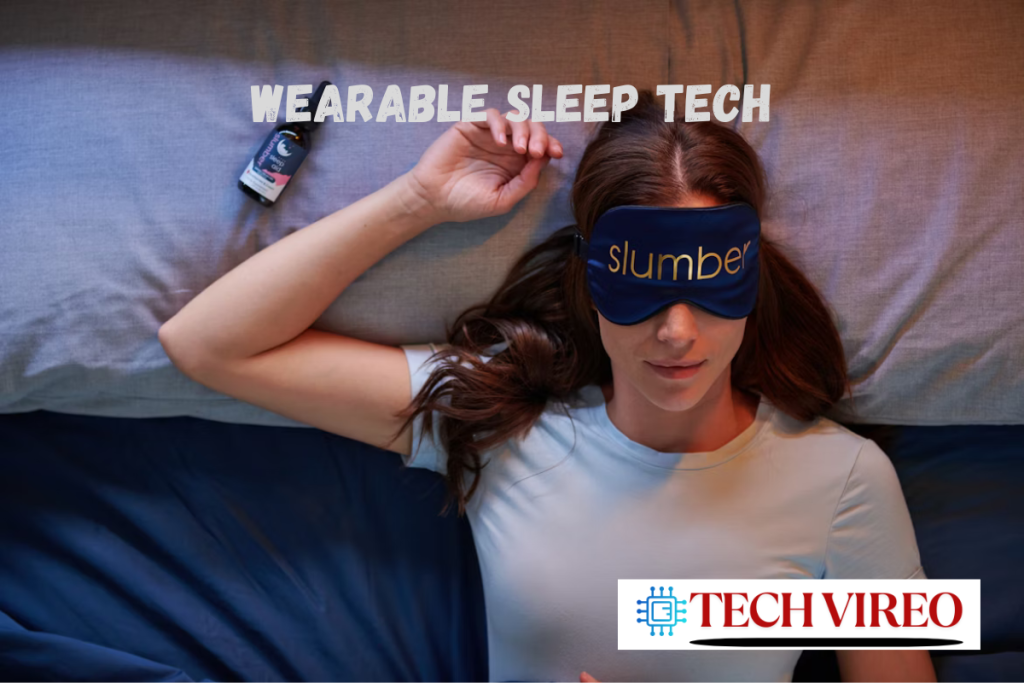
Frequently Asked Questions
How does wearable technology help improve sleep?
Moreover, wearables analyze biometrics like HRV, REM cycles, and breathing patterns to deliver personalized sleep insights and actionable tips.
Are sleep trackers safe to wear every night?
Moreover, these devices typically use non-invasive sensors and fully comply with health and safety standards across the UK, USA, and Canada.”
Can AI in wearables help with insomnia?
As a result, AI-powered insights can guide behavior change, making it easier to naturally improve sleep without medication.
Is sleep data collected by wearables secure?
Moreover, top brands follow strict GDPR and CCPA standards to protect your health data.
What wearable is best for sleep apnea detection?
For example, Withings ScanWatch and Fitbit Sense offer sleep apnea monitoring features in 2025.

